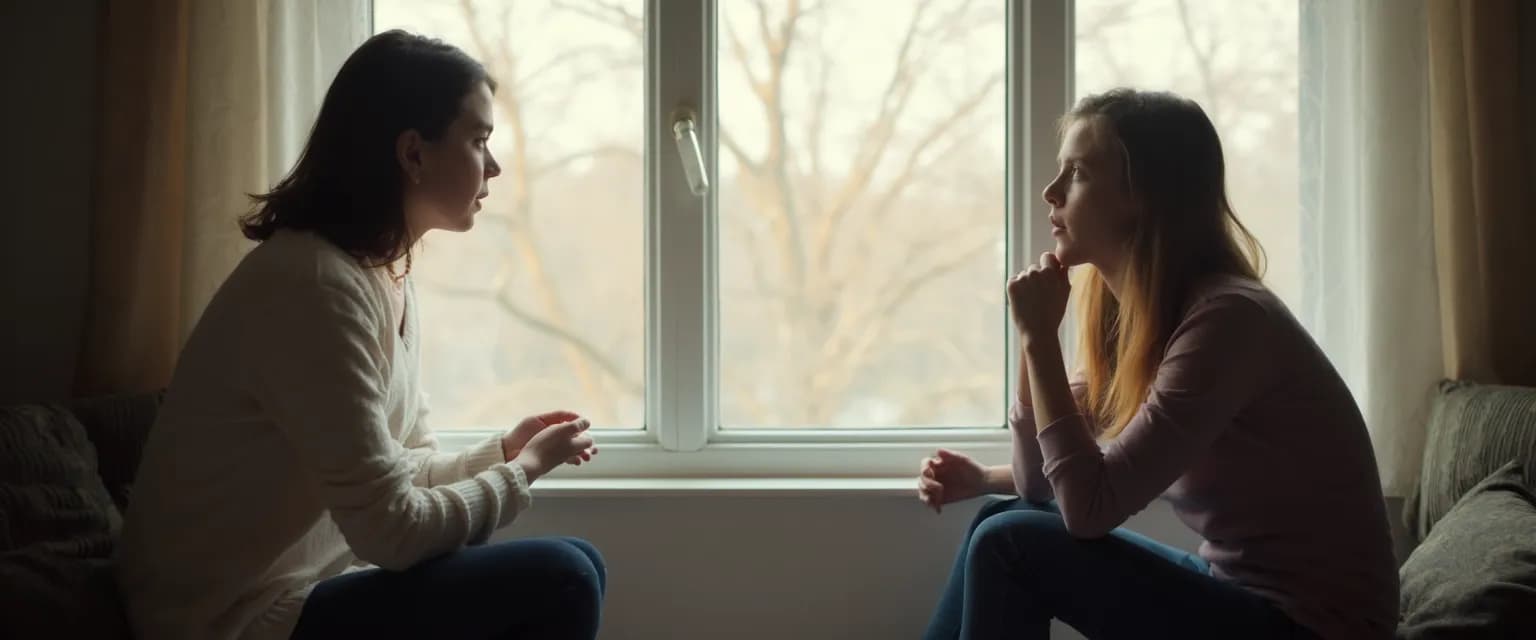Supporting Your Teen Through Teenage Breakups and Getting Back Together
When your teenager is navigating the emotional rollercoaster of teenage breakups and getting back together, it's natural to want to swoop in and fix everything. That first heartbreak hits hard—tears, sleepless nights, and maybe even a concerning drop in grades or withdrawal from activities they once loved. As parents, we're hardwired to protect, but finding the right balance between supportive presence and respectful distance is crucial during these formative relationship experiences.
Teenage breakups and getting back together represent significant emotional milestones in adolescent development. Research from developmental psychologists shows that these early relationship experiences help shape how teens approach connections later in life. The way parents respond can significantly impact how teens process these emotions and develop healthy relationship patterns that carry into adulthood.
The challenge lies in offering guidance without overstepping. Teens need space to process their feelings independently, yet benefit from knowing they have a supportive safety net. Understanding the dynamics of teenage breakups and getting back together helps parents navigate this delicate balance with empathy and wisdom.
Recognizing When to Step In During Teenage Breakups and Getting Back Together
While most teenage breakups represent normal (if painful) growth experiences, certain warning signs suggest your teen might need more active support. If you notice significant changes in sleep patterns, dramatic weight fluctuations, or withdrawal from previously enjoyed activities lasting more than two weeks, it's appropriate to take a more hands-on approach.
Another clear indicator is when your teen's academic performance significantly declines or they express hopelessness about the future. These behaviors differ from the typical temporary sadness that follows most teenage breakups and getting back together scenarios.
Creating a supportive environment doesn't mean forcing conversations. Instead, make yourself available without expectation. Simple statements like "I'm here if you want to talk" communicate care without pressure. This approach respects their growing independence while ensuring they don't face difficult emotions alone.
When teens do open up about potential reconciliation, resist the urge to immediately offer opinions on whether getting back together is wise. Instead, ask thoughtful questions that help them reflect on what they want and need from relationships. This guidance supports emotional decision-making skills without undermining their agency in navigating teenage breakups and getting back together situations.
Communication Strategies for Teenage Breakups and Getting Back Together
Effective communication during teenage breakups and getting back together situations requires finesse. Start conversations with open-ended questions like "How are you feeling about everything?" rather than pointed inquiries about specific relationship details. This approach invites sharing without feeling intrusive.
When teens do share, practice active listening—maintain eye contact, avoid interrupting, and validate their feelings without judgment. Phrases like "That sounds really difficult" acknowledge their pain without dismissing or catastrophizing it.
One particularly effective technique is the "perspective sandwich." Begin by validating their current feelings, gently offer a broader perspective or question that invites reflection, then close by reaffirming your support regardless of their decisions. This approach helps teens develop emotional resilience while processing the complex emotions of teenage breakups and getting back together.
Remember that timing matters. Brief conversations while driving or engaging in side-by-side activities often feel less confrontational than formal sit-down talks, making teens more receptive to discussing sensitive topics around relationships and reconciliation possibilities.
Empowering Your Teen Through Breakups and Potential Reconciliation
The ultimate goal of parental support during teenage breakups and getting back together situations is building emotional resilience. Help your teen identify and name their emotions rather than avoid them. This emotional literacy becomes a valuable skill throughout life's relationship challenges.
Encourage healthy self-reflection by asking what they learned from the relationship rather than focusing solely on what went wrong. This subtle shift promotes growth mindset thinking that serves them well in all relationship contexts.
If reconciliation becomes a possibility, support your teen in establishing clear boundaries and communication patterns that address previous issues. The best teenage breakups and getting back together outcomes often involve personal growth and improved relationship skills, regardless of whether the relationship ultimately continues.
By finding this delicate balance between guidance and autonomy, parents help teens navigate the complex terrain of teenage breakups and getting back together with greater emotional intelligence and self-awareness—skills that benefit them far beyond these early relationship experiences.




